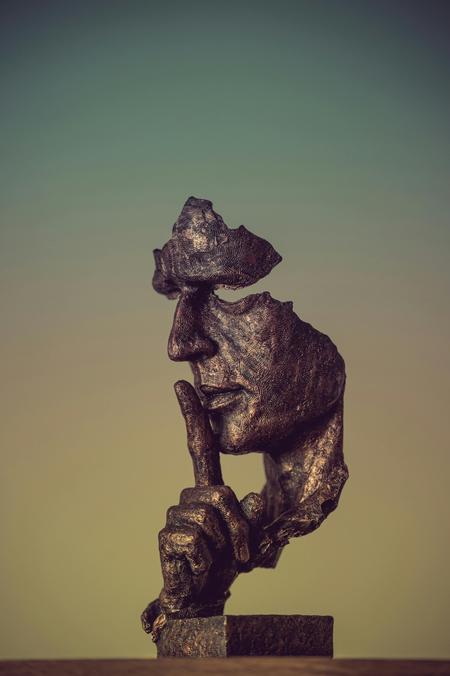
K.’s Trial, Sisyphus’ Burden, and the Myth of My Own Worth
There are days when I feel as though I should not exist. That I have somehow stolen a place in this world that was never meant for me. On those days, even the smallest gestures of kindness feel misplaced, undeserved. A text message from a friend, a warm meal set before me, the simple act of being addressed by name—each one bears the weight of an unbearable debt, one I can never repay because I am, at my core, unworthy.
Unworthiness is a strange thing. It does not come with grand, sweeping tragedy. It creeps in, silent and insidious, often disguised as humility or self-awareness. It convinces you that you are being rational when you question whether you deserve the very fundamentals of human existence—food, shelter, dignity. It presents itself not as a feeling,
Unworthiness is a strange thing. It does not come with grand, sweeping tragedy. It creeps in, silent and insidious, often disguised as humility or self-awareness. It convinces you that you are being rational when you question whether you deserve the very fundamentals of human existence—food, shelter, dignity. It presents itself not as a feeling,







